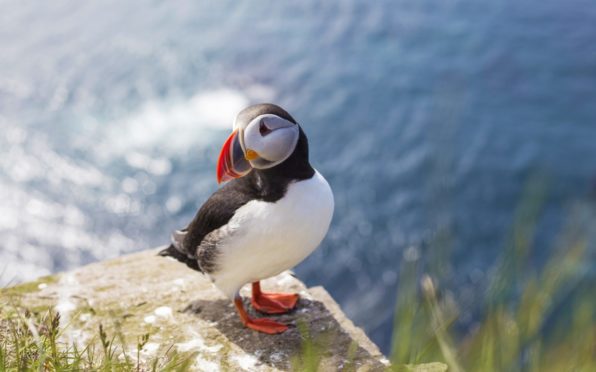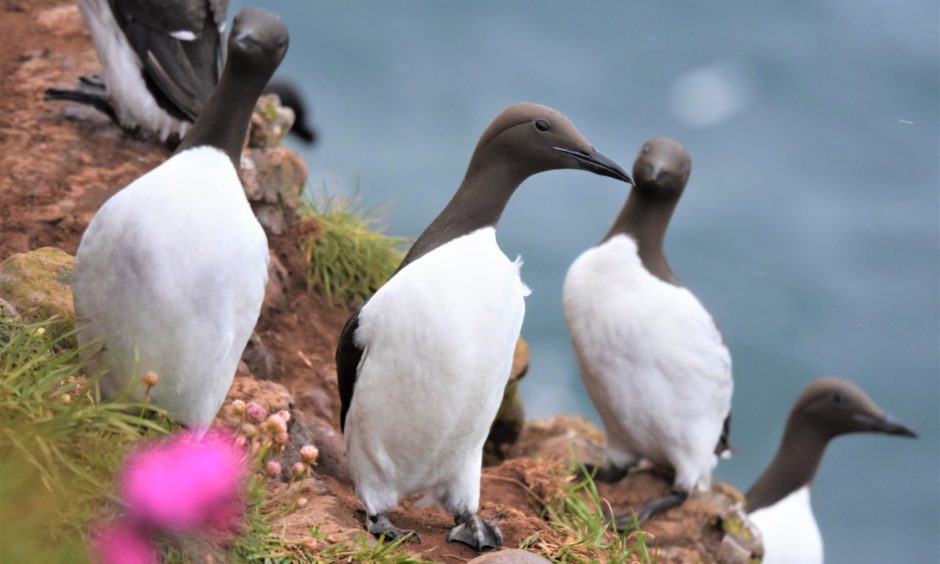In the hierarchy of species that we humans care passionately about, sand eels will come pretty far down most people’s lists.
So the news that fishing boats have encroached into the Turbot Bank Marine Protected Area off the east coast of Scotland will probably be met with a shrug, at best, in most quarters.
But here’s some more background.
The incident earlier this year is the first to be confirmed since the protected area was created in 2014.
The sand eels which breed there are a vital food source for rare seabird populations, including puffins, guillemots and kittiwakes. Everyone loves a puffin. And the nature of Scotland is one of our key selling points to tourists from around the world.
There’s a human cost too. Former fishermen in Fife’s East Neuk say the practice of Danish and Swedish boats “hoovering up” sand eel off the east coast has driven Scottish boats out of business in previous decades.
The admission from Angus MSP Mairi Gougeon that the zone has been breached has prompted RSPB Scotland to call for tougher protections for Marine Protected Areas, which are intended to provide safeguards for some of the most vulnerable species and habitats.
The UK Government has already said it will take steps to prevent overfishing of sand eels south of the border.
The Scottish Government has the power to restrict fishing activity for nature conservation purposes and has struck an “encouraging” tone on controlling the problem, according to an RSPB spokesman.
That is good to know but warm words do not protect species or livelihoods.
That requires action and it is now up to Ministers to prove their Marine Protected Area status is worth the paper it’s written on.












